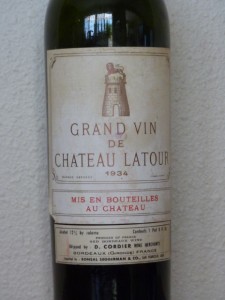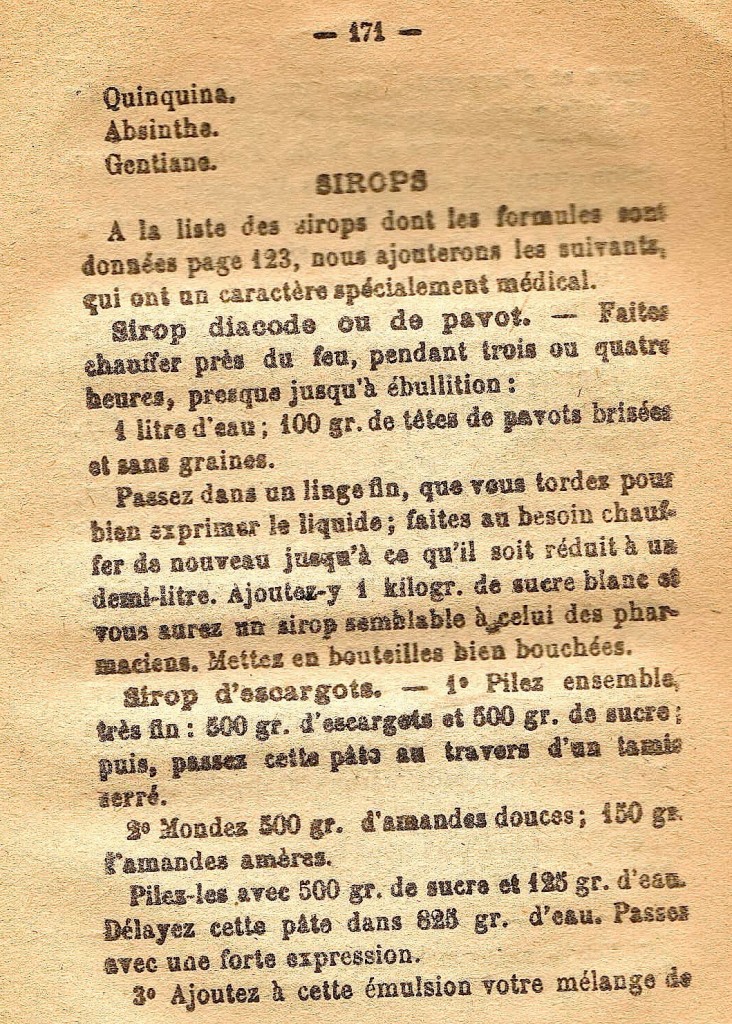 The great oenophile and gastronome T. Earle Welby had sound and sensible, if occasionally harshly expressed, views on what to eat with wine. Here are some of his opinions taken from the brilliant Cellar Key (1933).
The great oenophile and gastronome T. Earle Welby had sound and sensible, if occasionally harshly expressed, views on what to eat with wine. Here are some of his opinions taken from the brilliant Cellar Key (1933).
‘With the exception of Champagne, which is never better than when taken in the forenoon, and Sherry, which is highly adaptable, all wines need, for full enjoyment, to be accompanied or immediately preceded by food. It is thus an important part of connoisseurship to know the affinities and antipathies between particular wines and food.
To begin with the enemies of all wine whatsoever, almost all hors d’oeuvres are inimical. To a great extent they consist of smoked, pickled, or highly condimented articles, and are therefore bound to blur the palate. But there is nothing to be said against plain melon, caviare, or oysters. Genuine Chablis is proverbially most enjoyable with oysters; and all the fine white Burgundies…will accord excellently with oysters, as indeed with crab or lobster or fish of any kind. But unless melon or caviare or oysters be selected, it is wise to eliminate hors d’oeuvres on a serious vinous occasion, and simply have Spanish olives in brine put on the table as a preliminary, and kept there till the meal is at an end.
Egg dishes are usually not favourable to the enjoyment of wine, for eggs very often have more a less a sulphurous flavour, and though this may hardly matter when one is drinking the baser, over-sulphured white wines of Bordeaux, it is very harmful to all delicate wines. Continue reading

 The removal of the British Library from Bloomsbury to St Pancras seems to have ushered in a new, more relaxed, attitude towards the rules governing who can acquire a reader’s card, according to a Guardian article of 2005. In it the Reading Room is described as being crowded with undergraduates, anxious, no doubt, to obtain an advantage over their peers. Under the rules prevailing in 1938, and which are contained in a Guide to the Use of the Reading Room, a copy of which we found recently in a box of ephemera, restrictions which perhaps Karl Marx might have recognised, were doubtless drawn up to limit the number of readers using the famous Rotunda. There is a distinctly schoolmasterly tone to the following advice:
The removal of the British Library from Bloomsbury to St Pancras seems to have ushered in a new, more relaxed, attitude towards the rules governing who can acquire a reader’s card, according to a Guardian article of 2005. In it the Reading Room is described as being crowded with undergraduates, anxious, no doubt, to obtain an advantage over their peers. Under the rules prevailing in 1938, and which are contained in a Guide to the Use of the Reading Room, a copy of which we found recently in a box of ephemera, restrictions which perhaps Karl Marx might have recognised, were doubtless drawn up to limit the number of readers using the famous Rotunda. There is a distinctly schoolmasterly tone to the following advice:


